communication

Shermer and Ashton discuss: what it’s like advising Google and Buckingham Palace on how to communicate • what makes writing appealing and effective • how to write better emails and social media posts • why the messages we write often backfire • why emails so often make us angry • What makes Donald Trump such a powerful communicator that he can seemingly hypnotize tens of millions of people and dictate entire news cycles with a single statement? • when you…
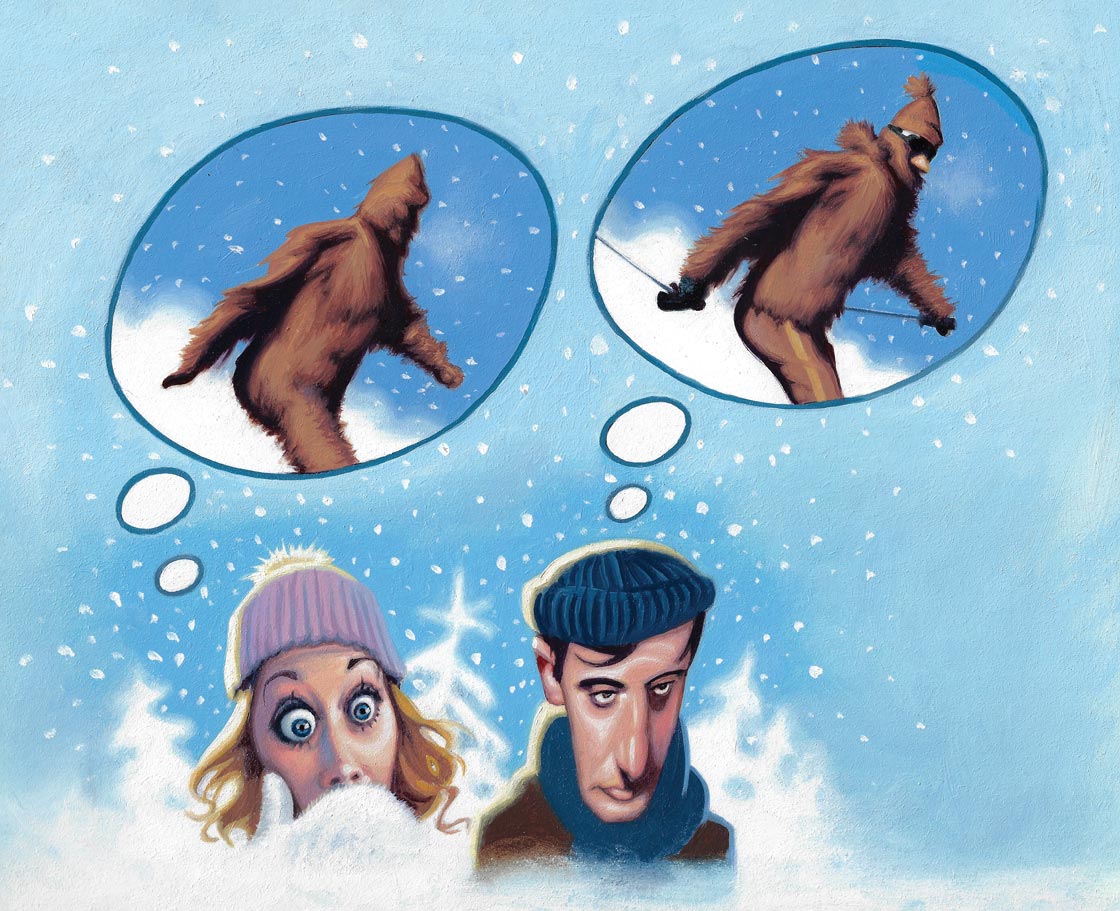
Human perception and memory are notoriously inaccurate. Preconceptions and biases shape both our perceptions of events and how we recall them later. Mick West considers how to think about eyewitness testimony so that it does not become emotional and swiftly evolve into an overly polarized argument.
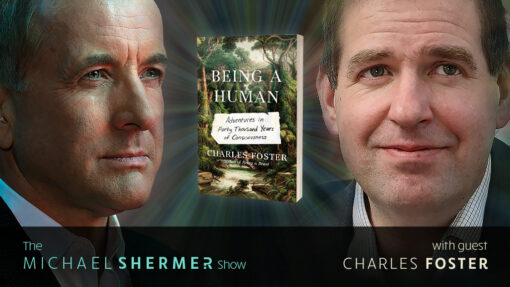
In episode 220, Michael Shermer speaks with Charles Foster about his book Being a Human: Adventures in Forty Thousand Years of Consciousness. Drawing on psychology, neuroscience, natural history, agriculture, medical law and ethics, Charles Foster makes an audacious attempt to feel a connection with 45,000 years of human history.
In episode 220, Michael Shermer speaks with Charles Foster about his book Being a Human: Adventures in Forty Thousand Years of Consciousness. Drawing on psychology, neuroscience, natural history, agriculture, medical law and ethics, Charles Foster makes an audacious attempt to feel a connection with 45,000 years of human history.
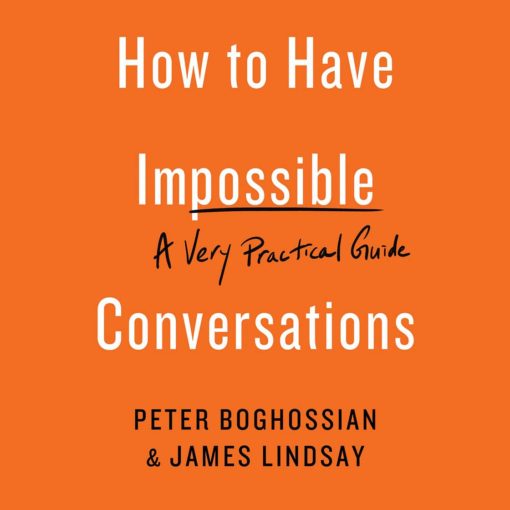
An excerpt from How to Have Impossible Conversations: A Very Practical Guide provides some tools to help people navigate contentious conversations.
In Science Salon # 105 Michael Shermer speaks with Diana Pasulka about her book: American Cosmic: UFOs, Religion, Technology. PLUS an excerpt from How to Have Impossible Conversations: A Very Practical Guide provides some tools to help people navigate contentious conversations.
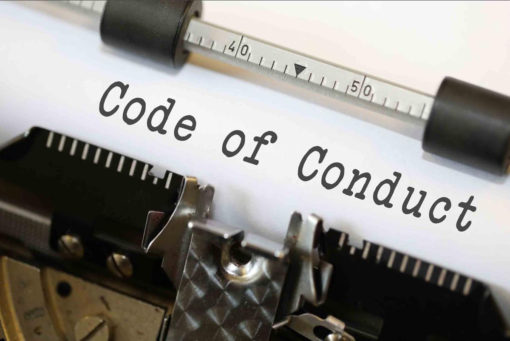
Carol Tavris avers that organizations’ Codes of Conduct that try to specify each and every possible behavior they wish to prohibit (or encourage), will find themselves in linguistic and psychological quicksand.
In Science Salon # 104 Michael Shermer speaks with Judith Finlayson about her book You Are What Your Grandparents Ate: What You Need to Know About Nutrition, Experience, Epigenetics and the Origins of Chronic Disease. PLUS: Carol Tavris avers that organizations’ Codes of Conduct that try to specify each and every possible behavior they wish to prohibit (or encourage), will find themselves in linguistic and psychological quicksand.
In this week’s eSkeptic, Michael Shermer interviews Dr. Leonard Mlodinow about his new book: Elastic: Flexible Thinking in a Time of Change; and Daniel Loxton reflects on the value of listening in order to first understand paranormal beliefs and then communicate effectively with those who hold them.
Daniel Loxton reflects on the value of listening in order to first understand paranormal beliefs and then communicate effectively with those who hold them.
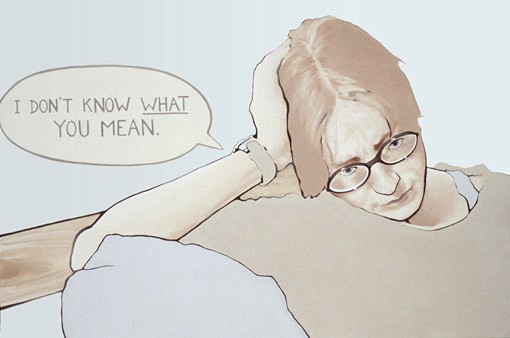
Daniel Loxton describes recent research "On the Reception and Detection of Pseudo-Profound Bullshit," and reflects on the communications chasm that can exist between skeptics and believers.
The renowned theorist of analytical design, Edward Tufte, was described by the New York Times as “the Leonardo da Vinci of data” for his pioneering work in the display and analysis of visual evidence. His lecture here draws from his forthcoming book, Beautiful Evidence, which develops the fundamental theory of analytical design and proposes methods for display for nearly every type of evidence (time series, images, causal arrows, data tables, statistical graphics, public presentations).














